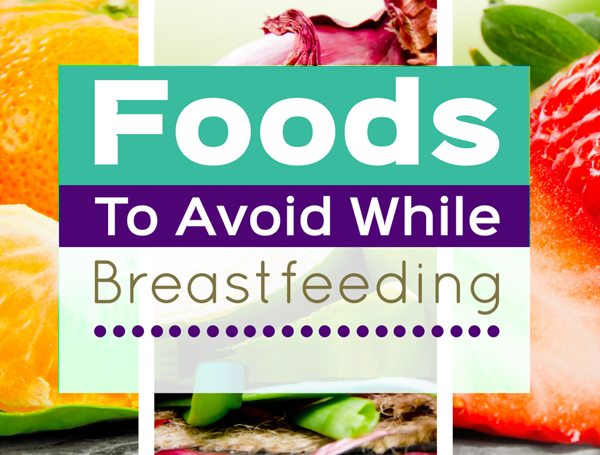
While you have indulged in a lot of food and cravings during pregnancy, you have to keep away from certain foods when you breastfeed after pregnancy. Now is the time when you need to force yourself NOT to listen to your taste buds. As soon as your baby comes into this world, you lose to freedom to always listen to call of your taste buds. You will have to question yourself all the time whether this food will have any effect on the baby.
One thing that you need to remember is that there is no such food that should be avoided by all mothers. That’s because every baby will react to a certain food in a different way. What goes well for your friend’s baby might not for your child.
So here are some of the foods that you might have to avoid while you are still in your breast feeding stage:
- Coffee
We all take coffee (even tea, energy drinks and soda) to keep our drowsy selves awake as it contains a high amount of caffeine. While you breastfeed, a little amount of this caffeine in the coffee find its way into the breast milk. Unfortunately, you little angel doesn’t have such developed system yet that it will excrete caffeine efficiently. All the caffeine in his body will result in sleeplessness, crankiness and irritation.
Caffeine is also known for reducing haemoglobin levels in the baby and decreasing iron levels in breast milk. Therefore, cutting down on coffee intake is what you should be doing. Let go of your frown if you are thinking ‘then how the heck do I begin my day after being sleep deprived all night?’ You can take coffee in moderate amount. 2 to 3 cups a day is fine but not more than that.
- High-Mercury Fish
Mercury enters the breast milk in case you take high mercury fish and other foods containing mercury. Mercury can have adverse effects on your child particularly neurological development. Even the overall development of the baby can be affected. You can definitely eat fish but in moderation. Do not eat more than two servings in a week.
According to FDA, all nursing mothers should stay awy from king mackerel, tile fish, shark, and sword fish from the Gulf of Mexico because they are packed with high amounts of mercury.
- Dairy products
Dairy products have always been a matter of concern for nursing mothers. When mothers tend to drink milk or eat dairy products, the allergens find their way into the breast milk and irritate the baby. In case you notice you baby is being colic or he is vomiting when you take dairy products, take the hint that you need to stop taking dairy products for some time. Other issues you baby may go through are sleep problems, skin issues and eczema.
Child who are intolerant toward dairy product also exhibit symptoms of soy allergy. You need to remain alert. You can opt for organic variety of high fat meat, poultry and dairy because they down contain any chemicals, growth hormones, pesticides or antibiotics.
- Chocolate
You might have had your full of chocolates during pregnancy but not anymore. Chocolates contain something known has theobromine which shows effects that caffeine does. If your baby is acting all cranky lately, then you need to limit your chocolate intake.
The only way to find out if you are taking too much chocolate is by observing how your baby is behaving lately. Your baby will be fussy and irritated along with having sleep problems if you are taking more than 750 mg of theobromine or caffeine in a day.
- Citrus Fruits
Your little angels doesn’t have a developed gastrointestinal track yet which is why he won’t be able to handle a lot acidic components of citrust fruits. Yes, citrus fruits are packed with vitamin C but that will only cause fussiness, spitting up and diaper rashes in your child.
What you can do is replace the acidic citrus fruits like lemons, oranges, grape fruits and lime with other vitamin C foods such as strawberries, leafy greens, mango and papaya.
- Peanuts
Do you have a family history of peanut allergies? Then you should probably avoid peanuts till you stop breastfeeding. The allergic proteins in peanuts can find their way into the breast milk and then into the baby. You baby might go through hives, wheezing and rashes.
You have to completely stop eating peanut because eating even a few can cause allergens to enter the milk of mother. There are no sufficient evidence but different studies suggest that exposing your child to peanuts at an early age can cause your child to develop a lifelong peanut allergy.
- Parsley and Peppermint
Did you know mothers often drink peppermint tea in order to stop milk production after weaning? Peppermint and parsley are two herbs that you should never take in huge amounts as it can reduce your breast milk.
If you are taking these herbs, keep a close watch on your milk supply particularly during the phase where you baby drinks more milk compared to other times. Sage is yet another herb that decreases milk supply.






